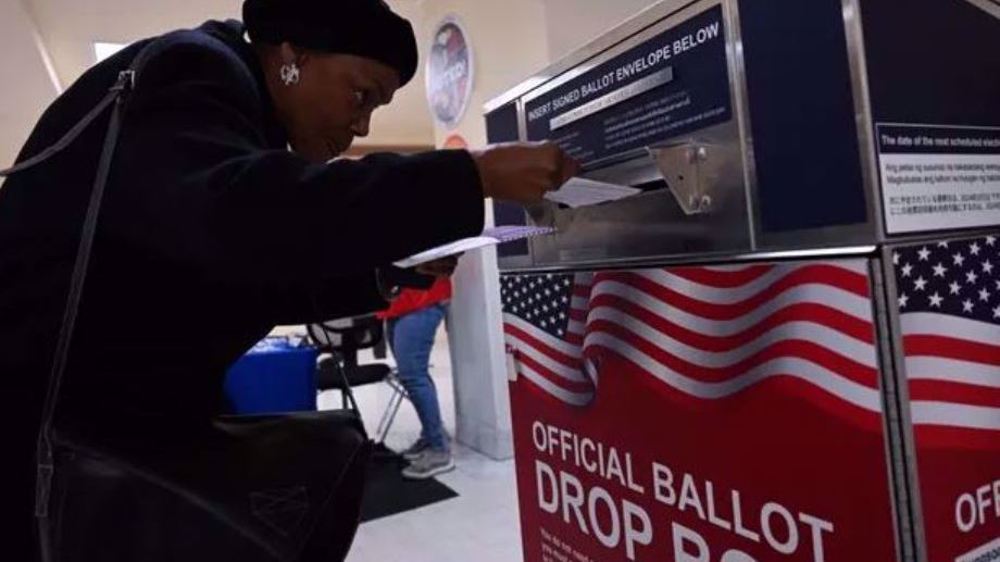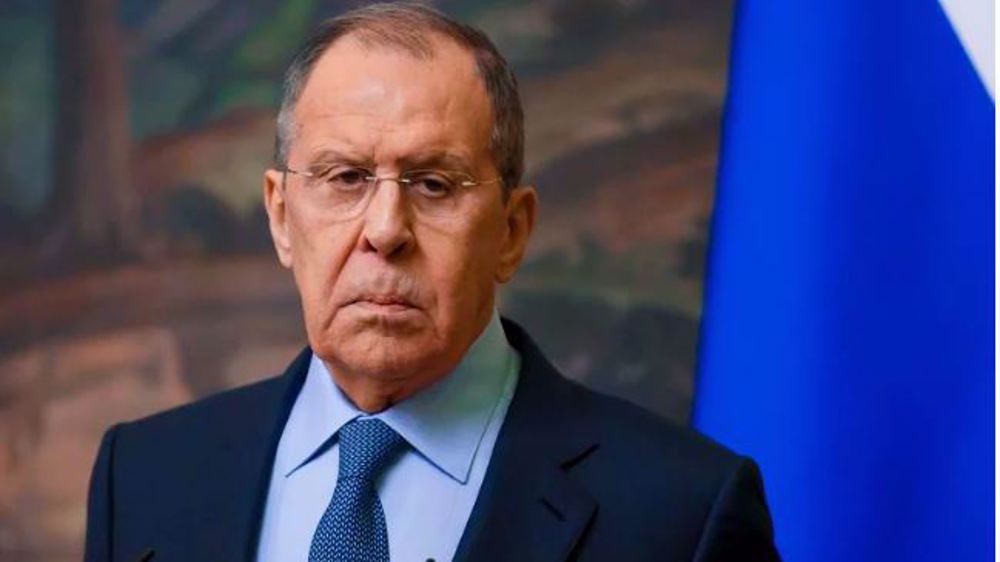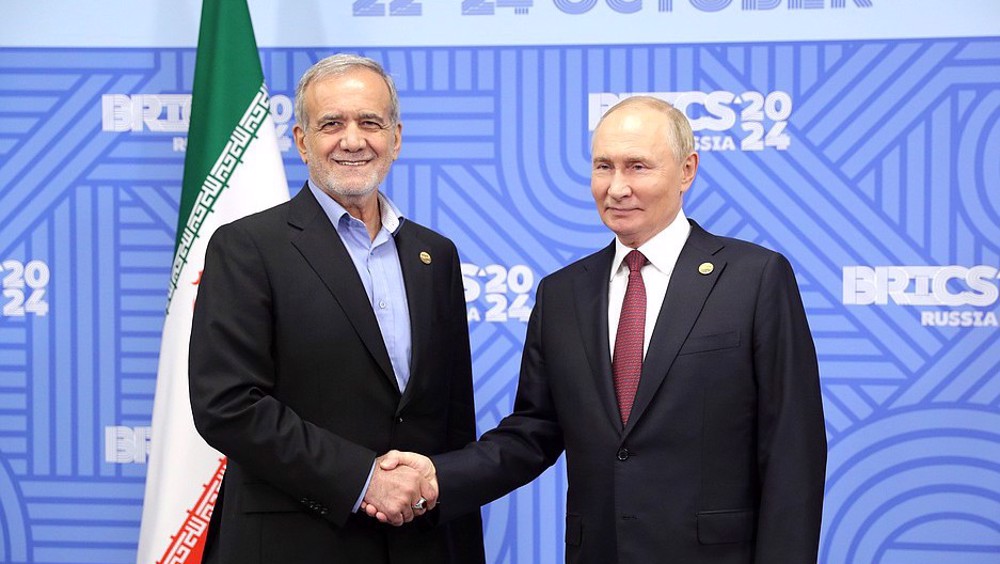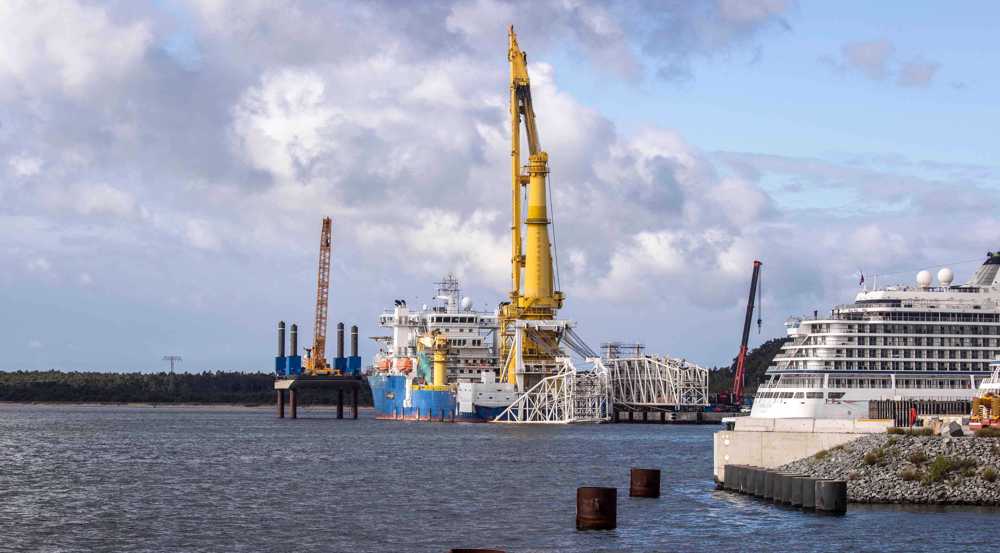Russia vows to complete pipeline to Germany despite US pressure
Russian Deputy Prime Minister Alexander Novak says the Nord Stream 2 pipeline project, which is designed to take Russia's gas via the Baltic Sea to Germany, will be completed despite the sanctions imposed by the United States on companies involved in the project.
Novak said on Tuesday that the US sanctions against the Nord Stream 2 project were instances of blatant protectionism aimed at advancing the status of the US's own liquefied natural gas in the European market.
"Certainly, this is blatant protectionism. The key idea why our colleagues from overseas are opposing Nord Stream 2 is linked first of all to the need to promote their own product, their LNG," Russia's Tass news agency quoted Novak as saying.
But the EU countries understand this and support the project, the deputy prime minister added.
"This tool (of sanctions) is absolutely uncompetitive. Everyone understands this, including the countries that are interested in fulfilling the [Nord Stream 2] project, the European countries and companies. They support the project and I'm sure that given this support, it will be implemented," the Russian official said.
In December last year, Russia restarted the construction of the Nord Stream 2 gas pipeline after a one-year interruption driven by the US sanctions.
Swiss-Dutch company Allseas had halted the laying of pipes in December 2019 after Washington threatened to impose sanctions on the firm, forcing Russia to use its own resources to build the 1,230-kilometer pipeline, which is designed to double the 55-billion-cubic meter annual gas capacity of the existing Nord Stream pipeline.
Russia's energy giant Gazprom is behind the $11.6-billion pipeline project.
Gazprom's Western partners in the project are Germany's Uniper, BASF's Wintershall Dea, Anglo-Dutch oil major Shell, Austria's OMV, and Engie.
The resumption of the project came even as US lawmakers agreed to extend sanctions on the companies involved in the construction of the pipeline.
The measures will target companies that facilitate the construction of the pipeline, along with those that provide insurance, reinsurance, testing, inspection, and certification services.
German daily Bild earlier reported that a German state government was considering creating a special fund to bypass the US restrictions. Citing unnamed sources, Bild said the fund would be aimed at tackling the problems of climate change, and may identify the project as the most important element of environmental protection.
Nov. 4: ‘Axis of Resistance’ operations against Israeli occupation
Britons demand release of pro-Palestine activists
VIDEO | Israel's unwinnable war in Lebanon
Non-aligned nations condemn Israeli violation of Iran's sovereignty
IRGC: 10 foreign-backed terrorists killed, arrested in Sistan and Baluchestan
Iran calls on EU to end targeting ordinary Iranians after missile transfer claims refuted
UK police detain Jewish scholar Haim Bresheeth following pro-Palestine address
VIDEO | Iraqi resistance strikes key Israeli targets in occupied territories
















 This makes it easy to access the Press TV website
This makes it easy to access the Press TV website